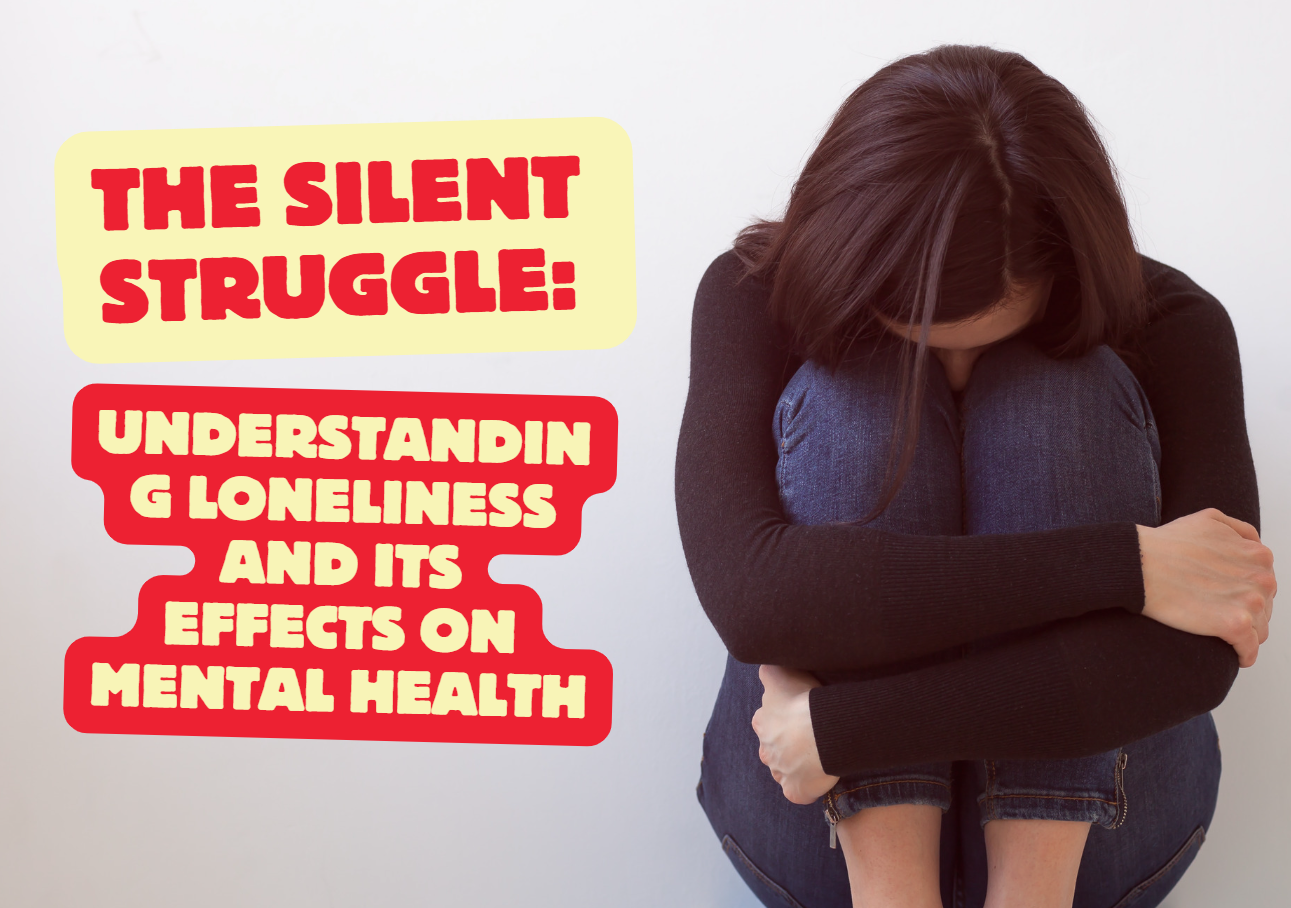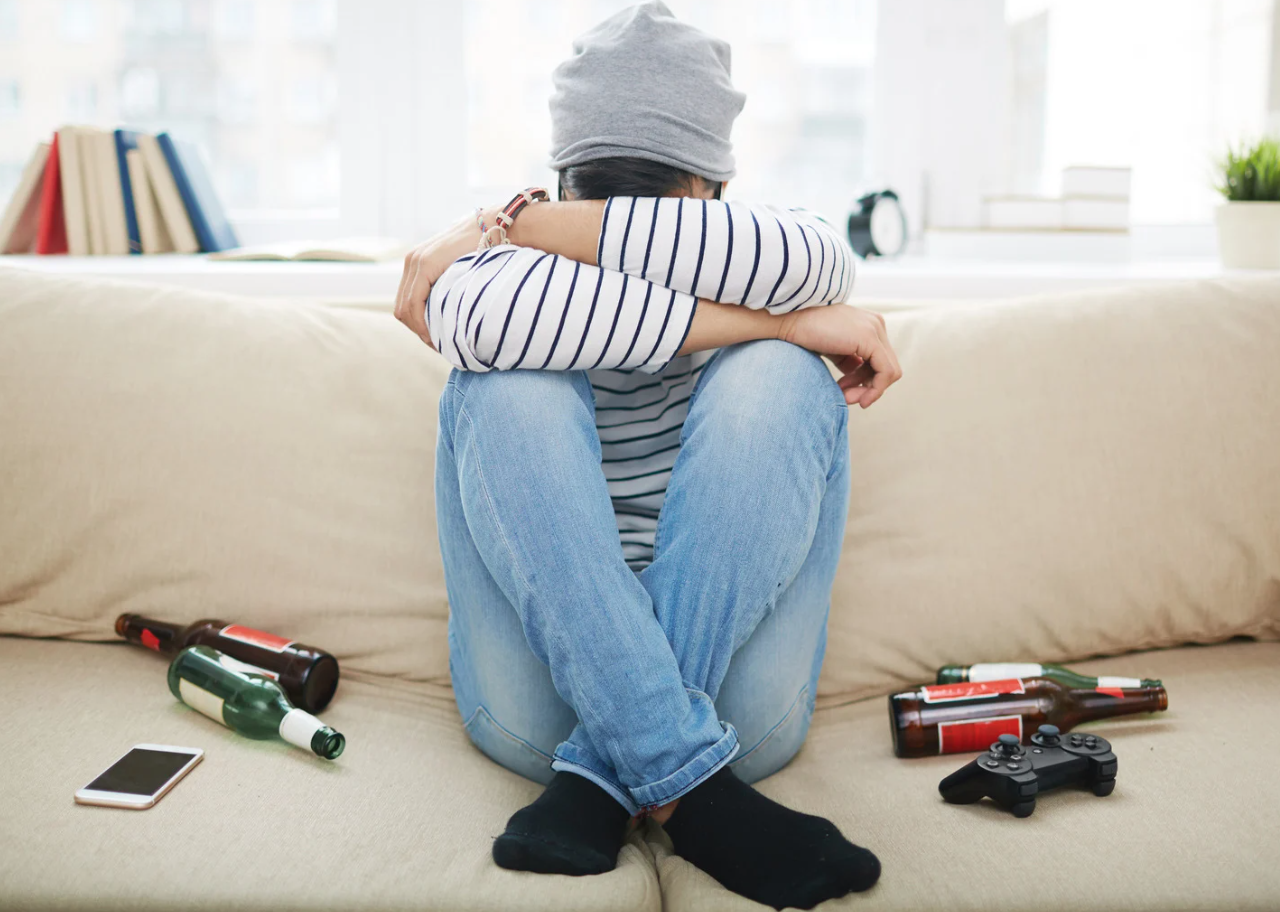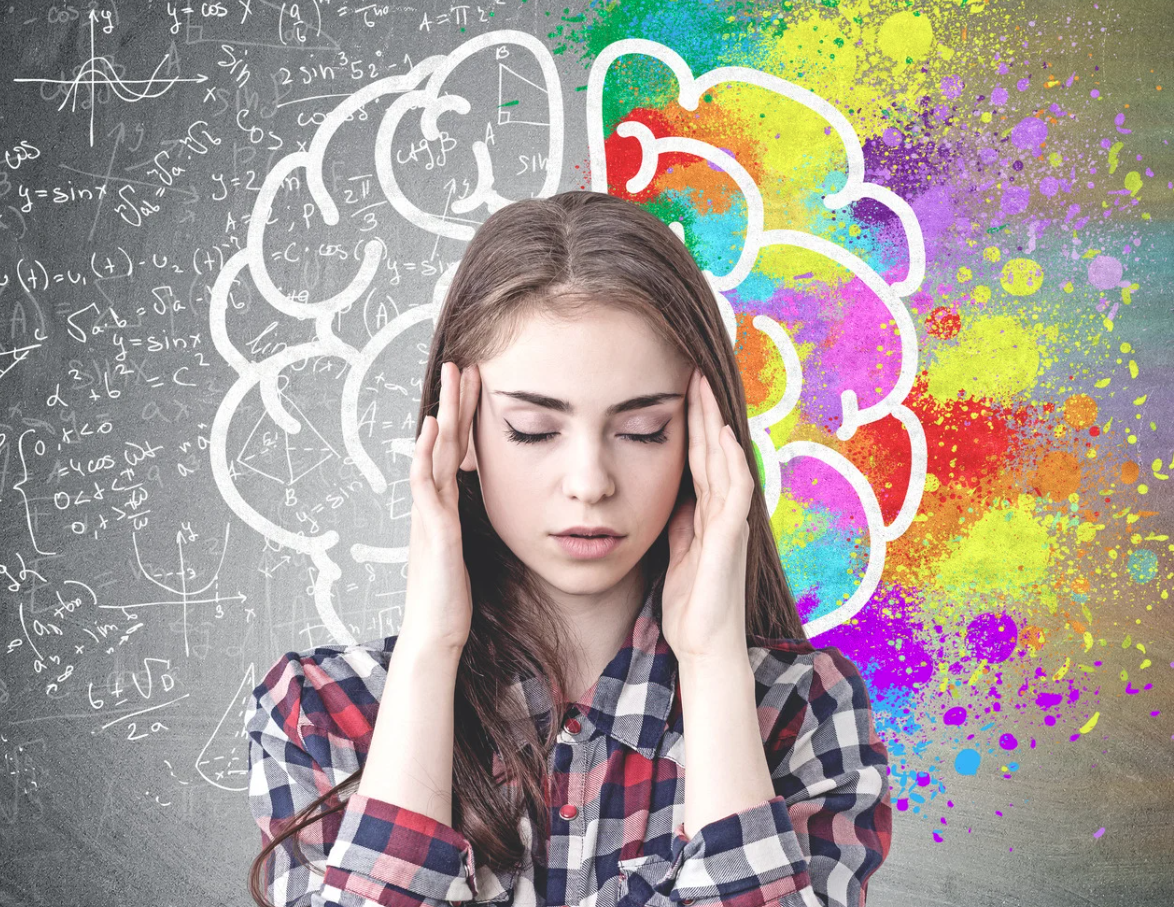Loneliness is often overlooked but has a major impact on mental health. Isolation affects one's thoughts, feelings, and psychological and emotional well-being in a complex way. This study examines the complex relationship between loneliness and mental health, revealing its many layers. The pervasive and profound impact of loneliness on mental health is often hidden in the intricate tapestry of human experience. Loneliness is a complex and deeply felt human condition that goes beyond solitude. It causes feelings of isolation, loneliness, and a longing for meaningful social connections. This emotional landscape goes beyond occasional loneliness to chronic loneliness and social isolation.
Loneliness can have a lasting impact on mental health as people go through life. This study examines how loneliness affects our thoughts, emotions, and mental health. Beyond the emotional toll, there is a quantifiable risk to mental and physical health. The paradox of feeling lonely in a digitally connected world becomes clearer. Loneliness and isolation can thrive in seemingly vibrant social networks. This emphasizes the importance of understanding loneliness and how genuine social relationship can combat it.
This journey into the silent struggle of loneliness seeks to illuminate the complex relationship between emotional isolation and mental health. It examines the increased risk factors of chronic loneliness and how it affects the mind and body. In this exploration, we hope to find ways to fight loneliness and build meaningful social connections, realizing that human connection is the answer to the silent struggle.
Feeling of Loneliness: A Modern Epidemic?
The fact that loneliness is becoming more widely acknowledged as a widespread problem may appear to be a paradox in an age that is characterized by hyper-connectivity. When an individual sees a gap between their wanted and real social relationships, they are said to be experiencing loneliness. Loneliness is a subjective emotion that extends beyond the physical isolation that the individual experiences. The paradox of the present period is that online connections are becoming increasingly common, while at the same time people are feeling more disconnected from one another.
The Social Brain: Loneliness as a Signal
Humans are hardwired for social relationship, which can be attributed to their evolutionary history. In order to maintain emotional regulation, cognitive function, and overall well-being, the social brain, which is comprised of a complex network of neural circuits, absolutely needs to be engaged in social interactions. As a result, loneliness might be interpreted as a signal, a warning bell that indicates a misalignment between the social connectivity that the brain wants and the reality that an individual perceives.
The Nexus Between Loneliness and Health, Mental Well-Being
Impact on Mental Health:
The emotional condition of loneliness is not only a fleeting experience; rather, it has far-reaching effects for the mental health of an individual. A number of studies have established a connection between prolonged feelings of isolation and an elevated likelihood of acquiring mental health conditions such as depression, anxiety, and even cognitive deterioration. A continuous sense of despair, a sense of emptiness, and a sense of disconnection from the world are all symptoms that can be brought on by the emotional toll that loneliness takes.
Biological Mechanisms:
The production of stress hormones like cortisol is triggered when humans experience feelings of loneliness, which stimulates bodily stress responses. When these elevated stress levels are experienced over an extended period of time, it can lead to inflammation, which is a factor that is involved in a variety of mental health issues. Additionally, there is a correlation between loneliness and disturbed sleep patterns as well as changes in immunological function, all of which have a negative impact on mental well-being.
Cognitive Effects:
Being alone can have an effect on cognitive processes, which can lead to the exacerbation of negative thought patterns and a reduction in decision-making ability. It is possible that experiencing social isolation can result in an increased sensitivity to social risks, which in turn can encourage a loop of negative interpretations of their interactions with other people. This cognitive bias has the potential to contribute to the development and continuation of mental health difficulties.
The Digital Paradox: Connection vs. Social Isolation
In this day and age of social media and constant connectedness, the paradoxical relationship that exists between technology and loneliness has come to the forefront. Research reveals that an excessive reliance on virtual contacts may contribute to feelings of loneliness, despite the fact that digital platforms provide the illusion of connection. As a result of the curated nature of online personas, individuals may develop feelings of inadequacy and a fear of missing out (FOMO), which increases the likelihood of experiencing social isolation.
The Loneliness Epidemic and Societal Implications
It is becoming increasingly recognized that loneliness is a public health concern, which highlights the impact that it holds on society. In addition to the misery that it causes for individuals, the epidemic of loneliness has repercussions for healthcare systems, workplace productivity, and the overall well-being of communities. In order to combat loneliness, a concerted effort is required, one that goes beyond individual responsibility and include societal shifts that encourage true human connections.
Loneliness as an Opportunity for Growth
Although the concept of loneliness is sometimes associated with negative connotations, recasting it as an opportunity for self-discovery and personal development can have a profoundly transformational effect. Introspection, creativity, and the development of resiliency are all things that can be fostered by the practice of solitude. Individuals are able to handle the problems that loneliness presents with greater awareness and self-compassion when they embrace it as a component of the human experience rather than considering it only as a problem that has to be fixed.
Strategies for Combating and Cope with Loneliness
Cultivate Meaningful Connections:
When it comes to social interactions, the most important focus should be on quality rather than number. It is possible to reduce feelings of loneliness and offer a sense of belonging just by concentrating on the development of true and authentic connections.
Embrace Solitude Mindfully:
Recharging and introspection are two benefits that can be gained from spending time alone on purpose. The transformation of moments of solitude into opportunities for self-discovery can be accomplished by participating in activities that bring joy and fulfillment during those times of solitary.
Community Engagement:
Participating in community events, getting involved in volunteer work, or joining clubs that are focused on common interests can be effective ways to combat feelings of isolation. Interacting with people who have interests that are similar to your own helps to cultivate a sense of connection and belonging.
Digital Detox:
Utilizing technology in a mindful manner is an essential component in the fight against loneliness. Recalibration of the equilibrium between virtual and real-world connections can be accomplished through the practice of an intentional digital detox, the restriction of screen time, and the prioritization of face-to-face contacts.
If You Feel Lonely, Seek Professional Support:
When individuals are struggling with persistent loneliness that is having an impact on their mental health, obtaining support from professionals in the field of mental health can give them with vital insights and solutions for coping with the situation. It is possible to address the underlying problems that contribute to loneliness through the use of therapeutic interventions and counseling therapy.
FAQ's
What is loneliness and how is it different from being alone?
Someone feels lonely when their desired and real social ties differ. Be careful to distinguish loneliness from physical isolation. If relationships lack depth and significance, one can be surrounded by people and still feel lonely.
How can loneliness affect mental health?
Depression, anxiety, and tension can result from loneliness. Prolonged loneliness may potentially lead to major mental health difficulties. It can disrupt sleep, self-esteem, and well-being, reinforcing isolation.
Are there groups that are more likely to feel lonely?
Anyone can be lonely, regardless of age, gender, or social background. Major life transitions, social isolation, and the absence of a supportive social network may raise vulnerability. Young people, older folks, and those going through major life upheavals like divorce or relocation may be vulnerable.
How can someone deal with or get over being lonely?
Living with loneliness requires self-reflection and action. Effective tactics include making meaningful connections, socializing, and getting professional support. Hobbies, volunteering, and interest groups can also reduce loneliness. Developing a solid support system and self-compassion are key to overcoming loneliness.
When should lonely people get expert help?
Knowing when loneliness persists and affects daily life is vital. If loneliness is accompanied by depression, anxiety, or other mental health issues, get professional help. Therapists and counselors can help manage the complicated emotions and mental health implications of loneliness.
Conclusion
The link between loneliness and mental health goes beyond social isolation. It examines complex biology, cognition, and social dynamics that affect mental health. Seeing loneliness as multifaceted allows us to take a more nuanced approach that includes personal solutions, societal shifts, and a compassionate appreciation of human connection. Knowing more about loneliness helps us cope with it with perseverance, empathy, and true connections in the complex mosaic of human existence. By exploring loneliness, this is achieved. Society is becoming aware that loneliness and social isolation affect people of all ages, backgrounds, and circumstances. We've found through research and personal experience that loneliness is universal and can harm mental and physical health. Loneliness increases depression and mortality, according to systematic reviews and meta-analyses. The health effects of loneliness extend beyond emotional well-being to mental and physical health.
Older people often feel lonely. Targeted interventions for this demographic are needed because age and loneliness are linked. The link between loneliness, social isolation, and mental health issues emphasizes the need for widespread action. The public health issue of loneliness requires collective action. The CDC says loneliness has far-reaching effects. The silent epidemic of loneliness requires awareness, destigmatization, and effective isolation reduction strategies. We must acknowledge that loneliness solutions are complex. Consider community engagement and individual coping mechanisms to reduce loneliness. Loneliness causes and affects mental health, requiring comprehensive solutions.
Lastly, loneliness is being shared. Understanding loneliness's causes, effects, and treatments helps us connect with others. Everyone, community, and society must work together to end loneliness and create a world where connection trumps isolation. Sharing the burden of ending loneliness could improve global health and connection.







